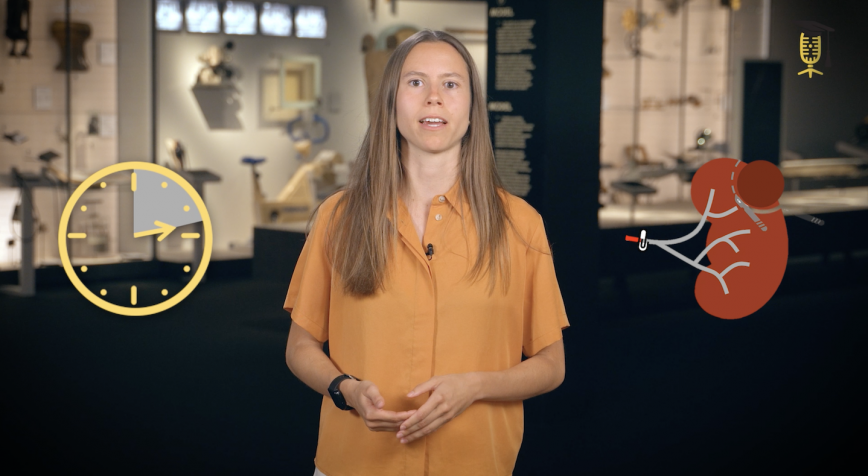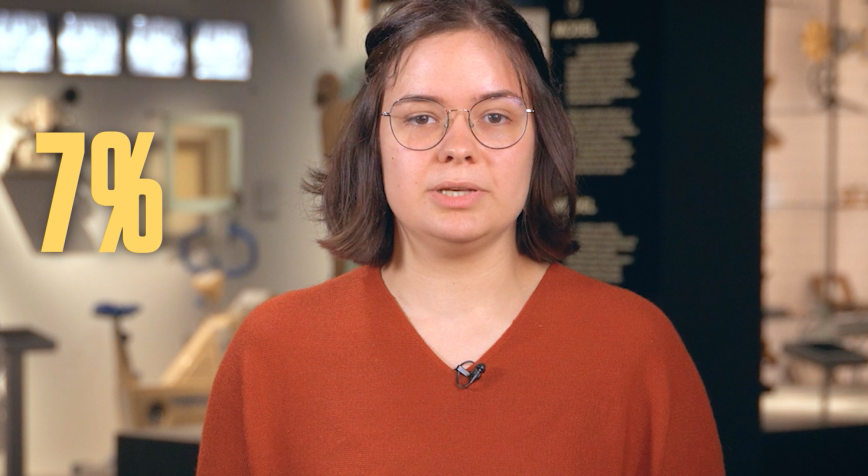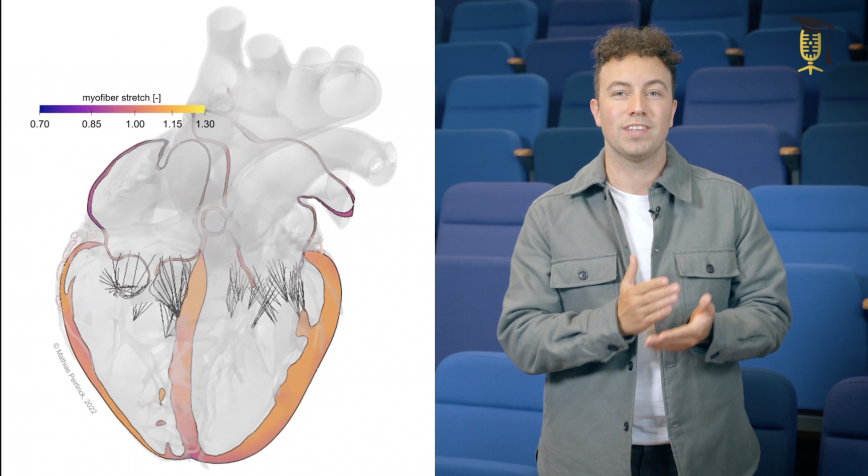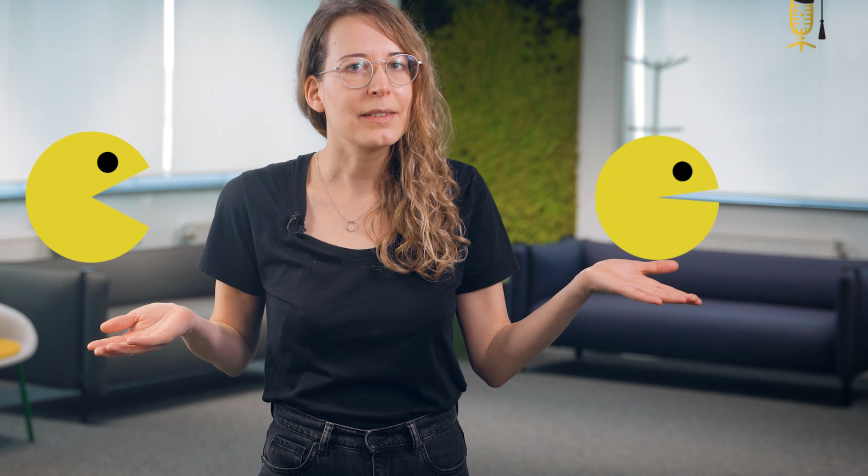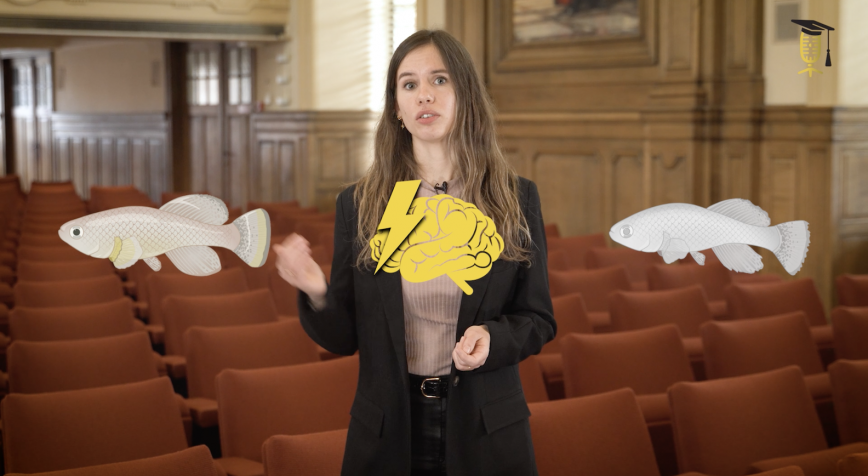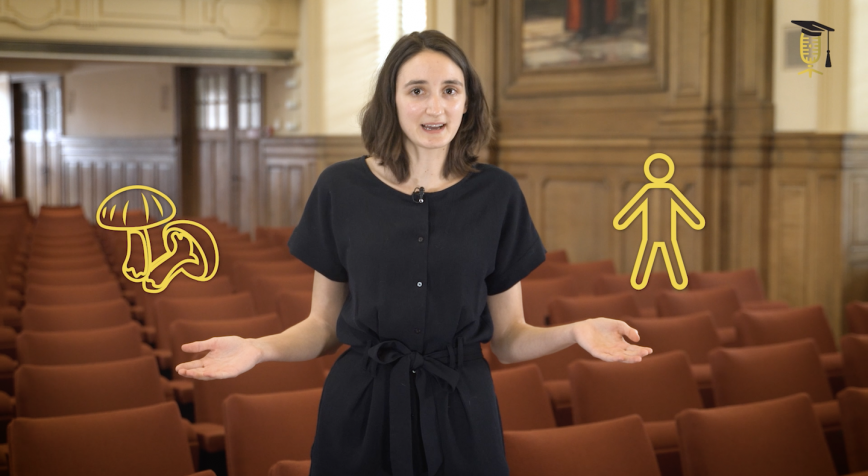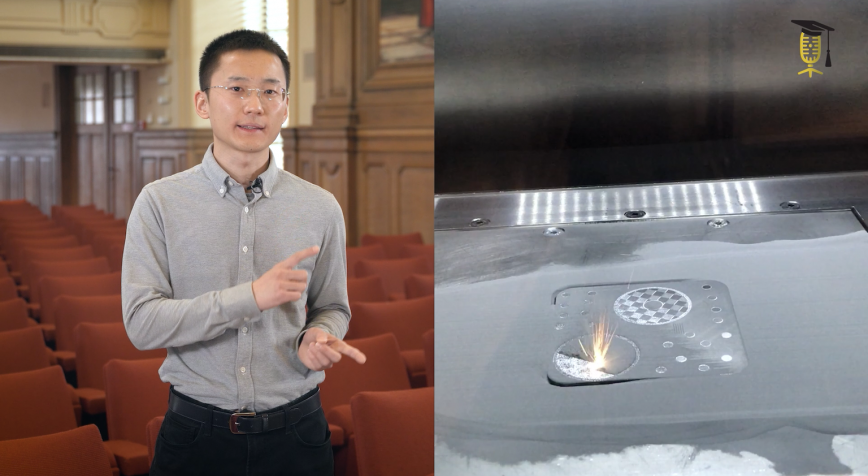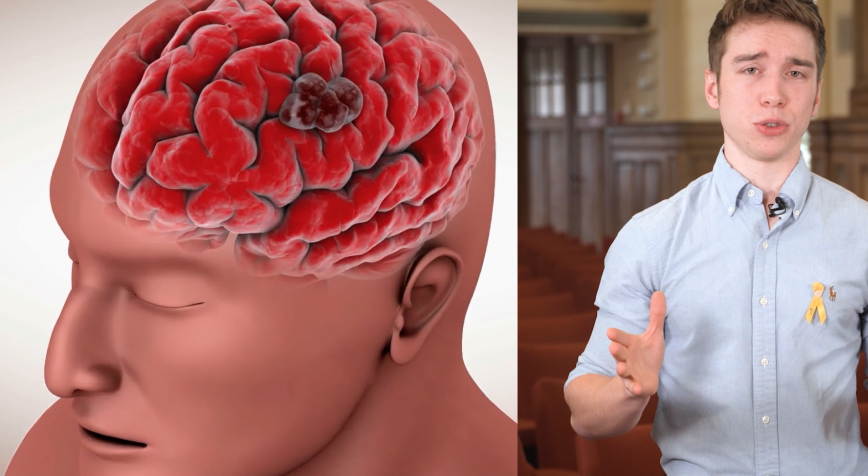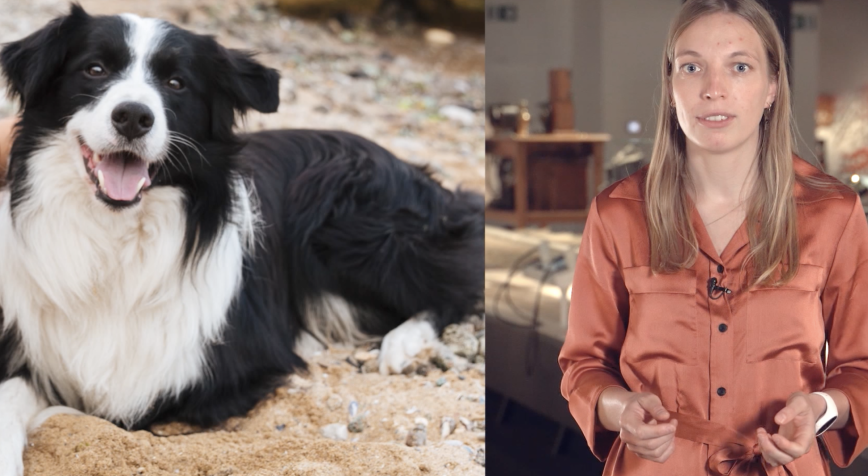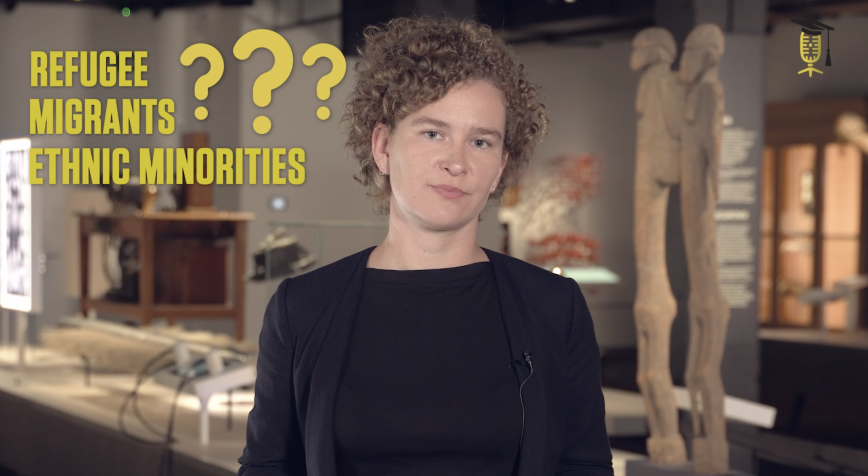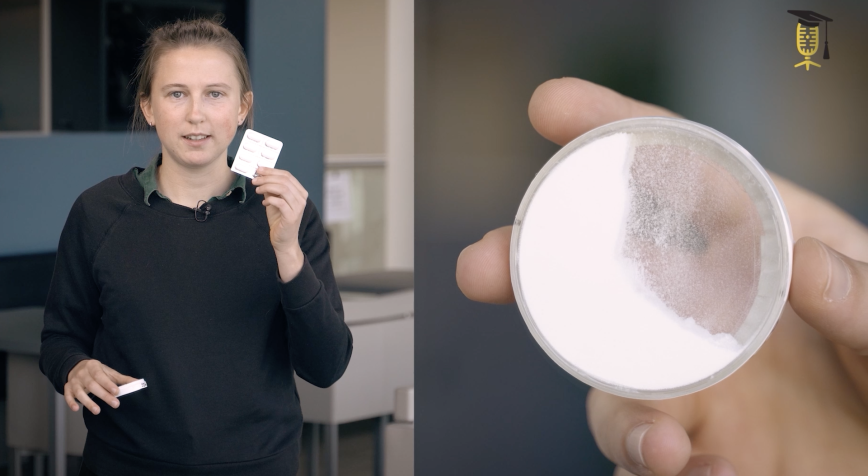
KU Leuven
From powder to pills
Have you ever wondered how pills are made? A powder flows through a production line, falls into a hole, and gets compressed into a pill. Easy, right? And yet a lot can go wrong, as chemical engineer Margot Coppens explains. That's why she uses computer models to virtually test the powder mixtures and anticipate possible production problems.
